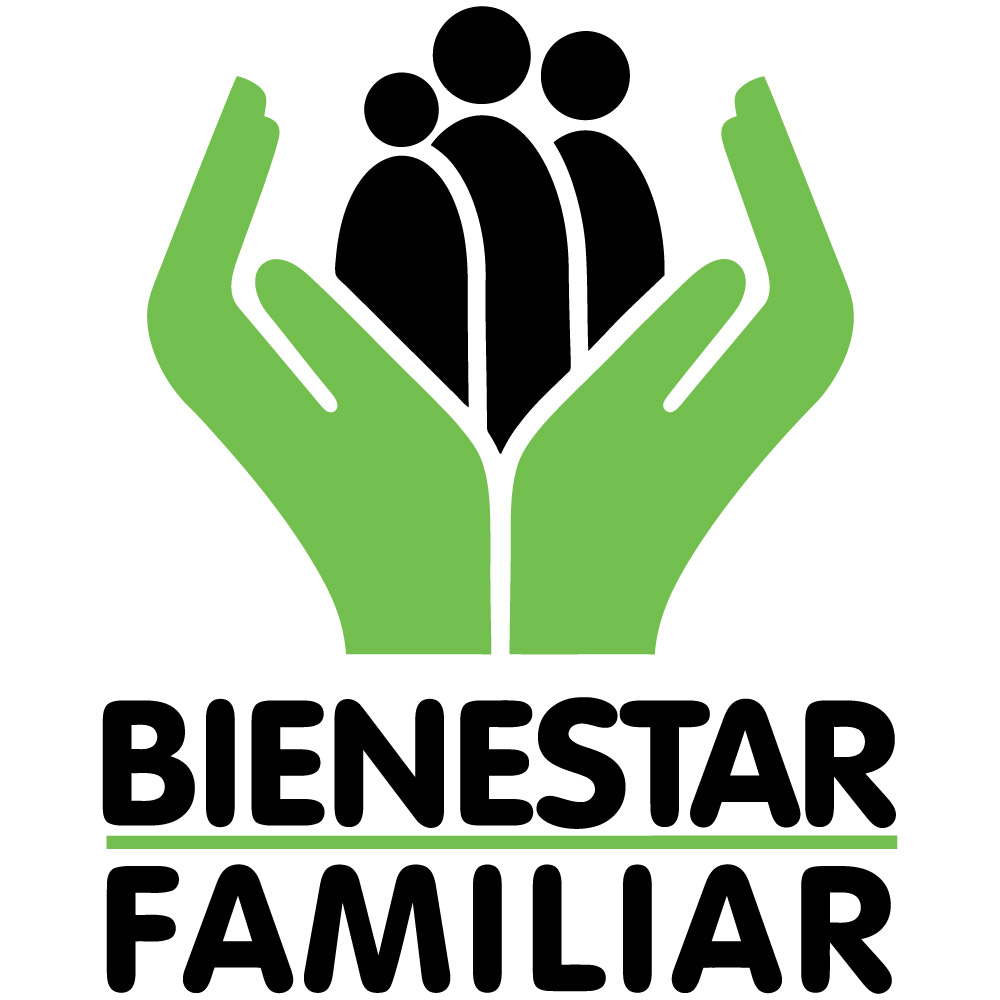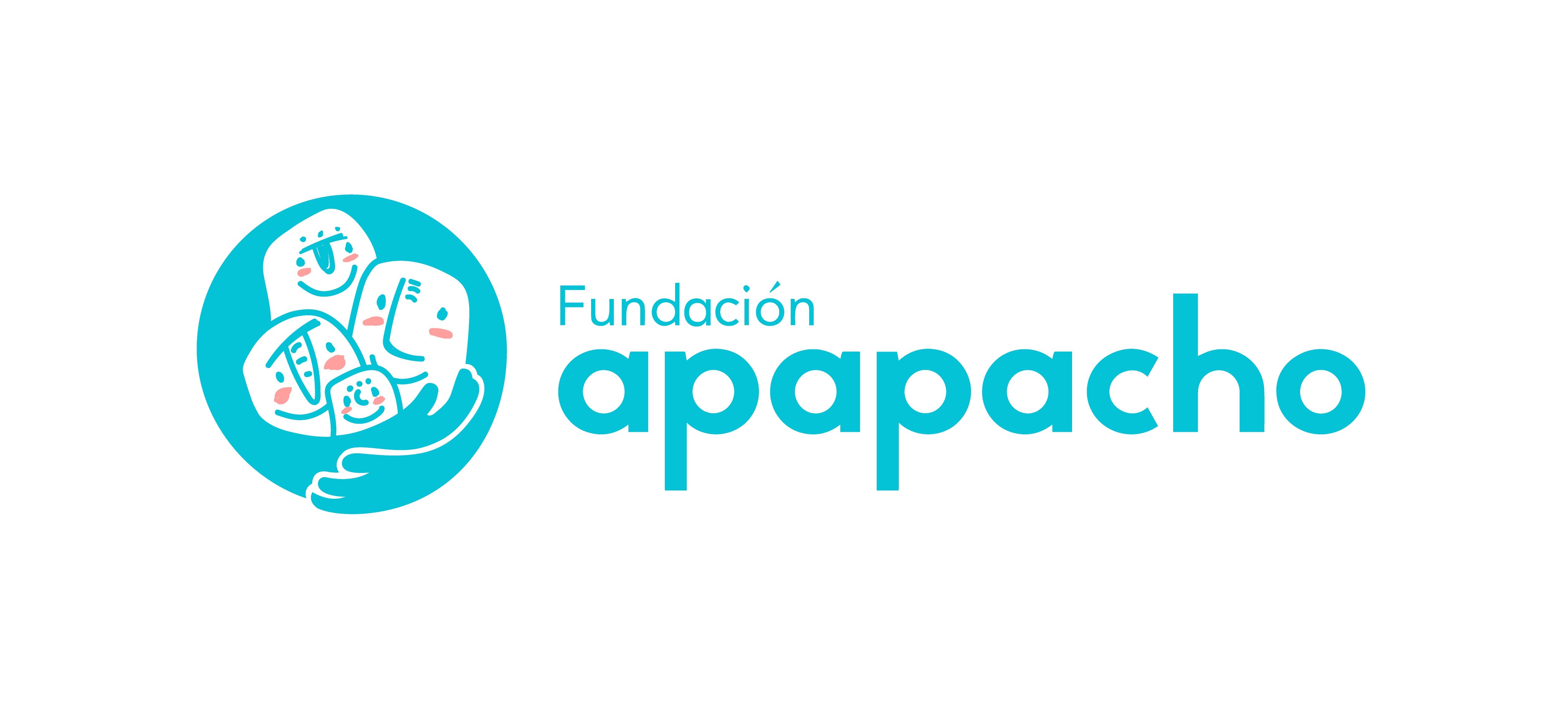The Challenge
Globally, around 2 in 3 children regularly experience violent punishment discipline from their caregivers.1 This is common even among younger children: around 60 percent of children under 5 are subjected to physical and psychological punishment.2 These figures are similar in Colombia, where more than half of children under five have experienced violence at home.3 Such violence can have lasting impacts on children’s mental and physical health, educational outcomes, and overall well-being, reinforcing cycles of poverty and inequality.
To address this issue, Fundación Apapacho and ICBF co-designed and implemented Apapacho —a 11-week group-based program for caregivers that aims to eradicate household violence by equipping caregivers with tools to build strong, loving relationships with their children. Sessions cover key topics such as emotional regulation, routines, setting boundaries, and strategies for managing difficult parenting situations (like tantrums). The program is grounded in the strengths and knowledge of families, aiming to enhance protective factors and reduce risks for violence. Apapacho is currently part of the ICBF Evidence Lab, a joint initiative between IPA and ICBF that seeks to incorporate data and evidence into decision-making processes to inform and improve public policies that support children and families.
The Evaluation
As part of the ICBF Evidence Lab, in 2024, IPA Colombia evaluated the implementation of Apapacho. The evaluation followed 300 caregivers across seven service units in Bogotá and Soacha. Enrolled caregivers were already receiving childcare services provided by ICBF. The evaluation focused on assessing Apapacho’s effectiveness in promoting loving, non-violent parenting practices among caregivers, reducing parental stress, and reducing acceptance towards using violent punishment as a parenting strategy. The evaluation also generated learnings to optimize Apapacho’s implementation model, with the end goal of developing an implementation model ICBF could operate through its standard service delivery channels.
Results
Overall, there is potential to transform caregiving practices through low-cost interventions that can be scaled up by government partners. In Apapacho, caregivers reported more positive parenting beliefs, increased use of development-supportive practices, and reduced acceptance of physical and psychological violence. Caregivers also began to recognize and manage their own emotions, discovered new aspects of their children’s personalities, reported a deeper understanding of their children’s emotional needs, and felt a stronger emotional bond with their children. At the same time, results point to an unmet demand from caregivers for spaces focused on collective learning and emotional support.
Policy Impact and Implications
Building on this evidence, Fundación Apapacho, Equimundo, ICBF, and IPA are co-developing a new, mostly digital version of the program to expand its reach in a more cost-effective way. Preliminary results from pilots led by Equimundo showed that this kind of program has the potential to transform caregivers’ attitudes and practices. The integration of a gender-transformative approach also addresses the transformation of gender roles in caregiving, promoting shared caregiving duties, active involvement of male caregivers, and the prevention of violence against women. It will also promote gender-equitable parenting, ensuring all children—regardless of gender—have equal opportunities to grow, express themselves, and thrive in safe, loving environments. IPA will continue to support Fundación Apapacho in this next phase, gathering new evidence on the program’s impact on preventing violence against children and women in Colombia.
The digital implementation of Apapacho—delivered through ICBF’s public infrastructure and early childhood development services—offers a key opportunity to strengthen the evidence base on the program’s potential to prevent violence against children and women, test cost-effective adaptations (by leveraging technologies like WhatsApp to reach more caregivers), and generate insights on the conditions, mechanisms, and capacities needed to scale the strategy through Colombia’s national early childhood development system
Sources
1,2. UNICEF Data, "Violent discipline," UNICEF, June 2025, https://data.unicef.org/topic/child-protection/violence/violent-discipline/
3. Together for Girls, "Colombia Violence Against Children and Youth Survey (VACS) report 2020 (data collection 2018)," 2020, https://www.togetherforgirls.org/en/resources/colombia-vacs-report-2020
Implementing Partners


Funding Partners














